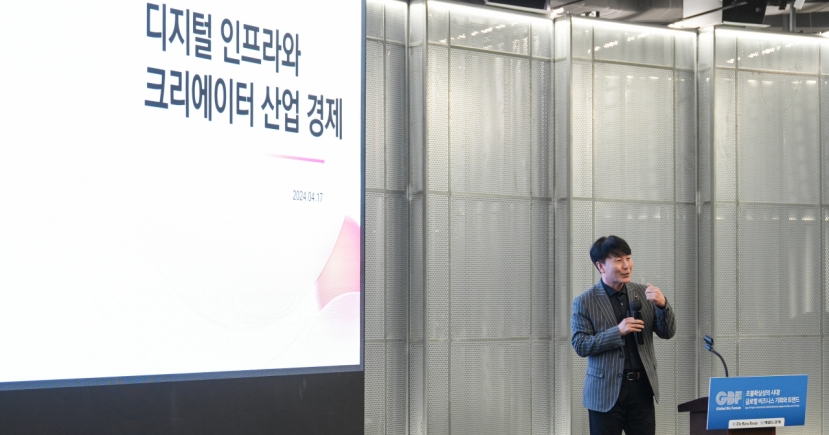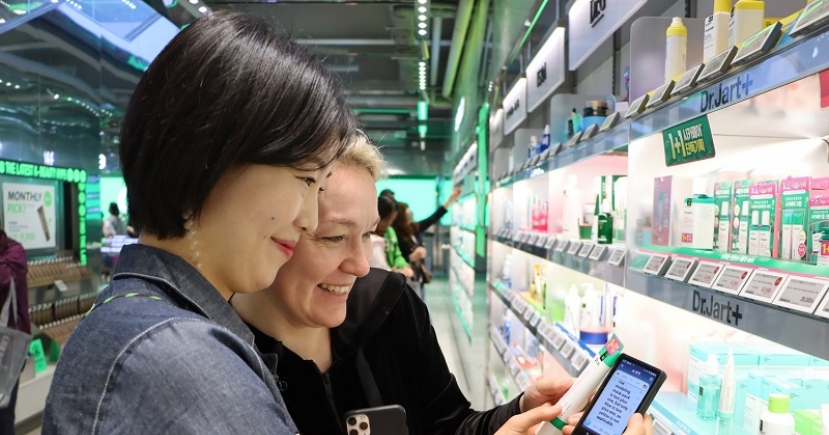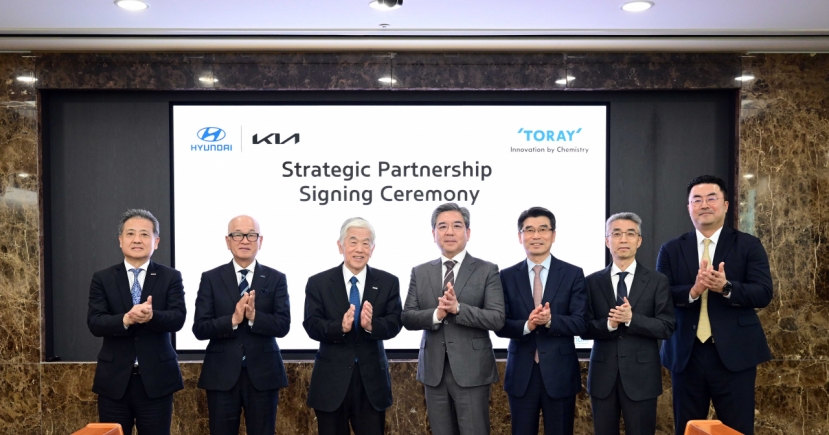Startups
Is Korea ready to adopt Y Combinator-style funding?
The South Korean government is looking to allow Y Combinator-style Simple Agreement for Future Equity funding methods for the domestic startup ecosystem. Experts say there will be both pros and cons.
The Ministry of SMEs and Startups recently decided to team up with the Korea Accelerator Association to birth a startup seed fund through SAFE as early as July.
 |
SAFE refers to an instrument that gives a seed investor a right to buy equity with the purchase cost paid prior to its issuance. The one-document contract involves no expiration or maturity date. It was first introduced by Y Combinator in 2013 and has since spread through the Silicon Valley investment community.
Under a SAFE contract, for example, a startup will raise funds with no strings attached. Its seed investor will receive a stake in the startup in the event of next-round funding through share issuance. SAFE allows both an investor and a startup to minimize legal burdens and the need to create excessive documents. But at the same time, the investor bears risks if the startup fails to raise additional funds.
Despite some shortcomings, SAFE could be a good alternative to popular instruments in Korea such as redeemable convertible preferred shares, convertible bonds or bonds with warrants -- all of which leave startups exposed to threats of indebtedness -- according to Cho Sung-min, a partner at the law firm Bae, Kim & Lee.
But he expressed some concerns, citing SAFE’s innate risks and the lack of a related legal framework in Korea.
“Venture investors will be safe if early-stage startups issue new shares as planned in the series A round funding,” said Cho at a forum held in Pangyo on June 27. “But investors could run into trouble if their portfolio company refuses to issue stakes and raise series A.”
Moreover, Korea has yet to define whether funding obtained through a SAFE vehicle can be regarded as capital, particularly under the tax rules, he added.
The SME Ministry was reportedly assured by the Justice Ministry of the legal validity of SAFE, meaning the country’s accelerators -- all 175 of them -- can gain permission to take advantage of it.
But market watchers point to a legal gray area as the related laws have yet to take shape. A new bill to define a startup stock purchase contract without a fixed income or maturity date as a venture investment, so that SAFE can be authorized, is currently pending in the parliament. Its passage would allow accelerators to operate funds as general partners.
The bill, designed to incorporate the Support for Small and Medium Enterprise Establishment Act and the Act on Special Measures for the Promotion of Venture Businesses, was put on the table in November 2018. “It was supposed to pass earlier this year, but we are seeing a constant delay,” a spokesperson for the Korea Accelerator Association said.
By Son Ji-hyoung (consnow@heraldcorp.com)








